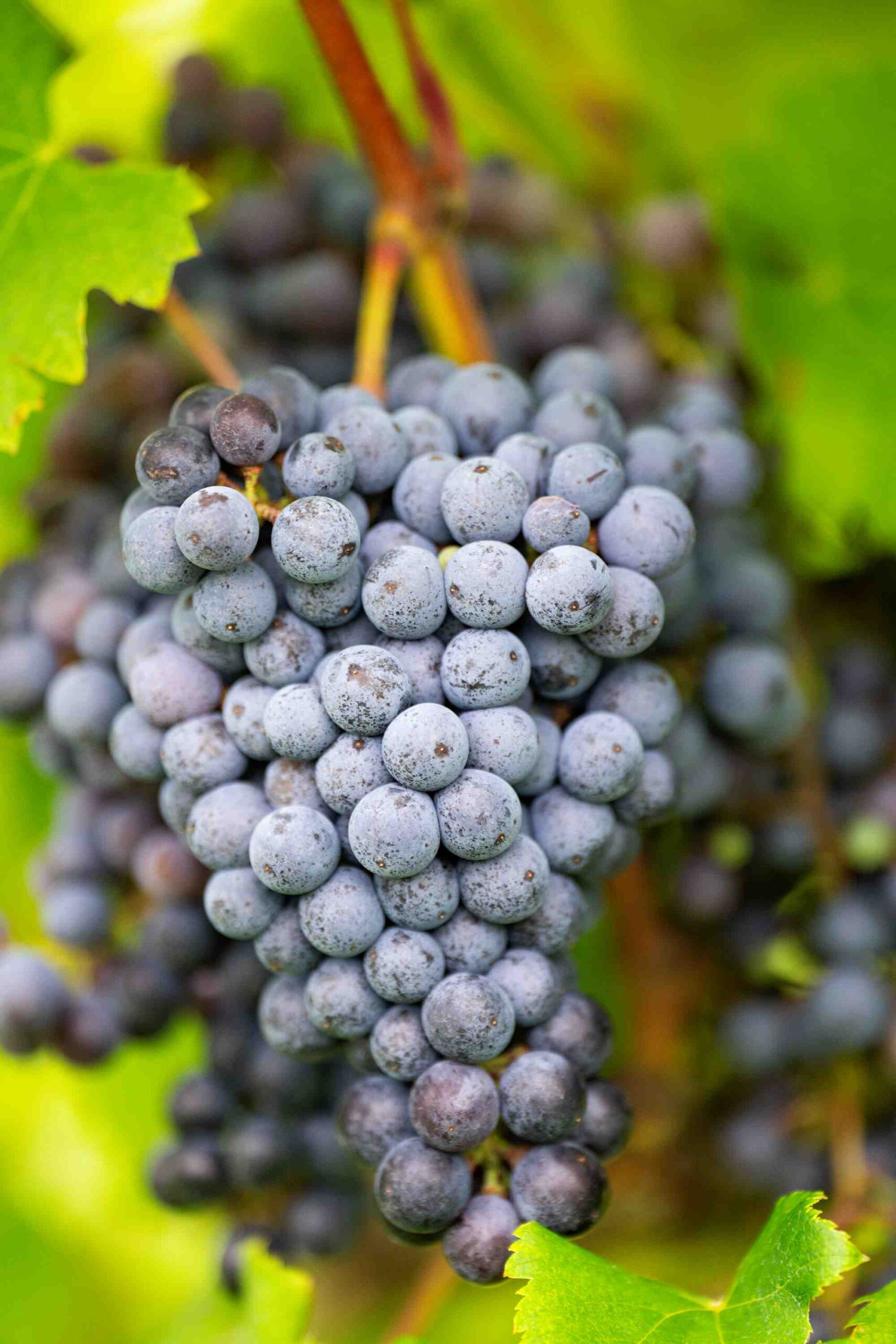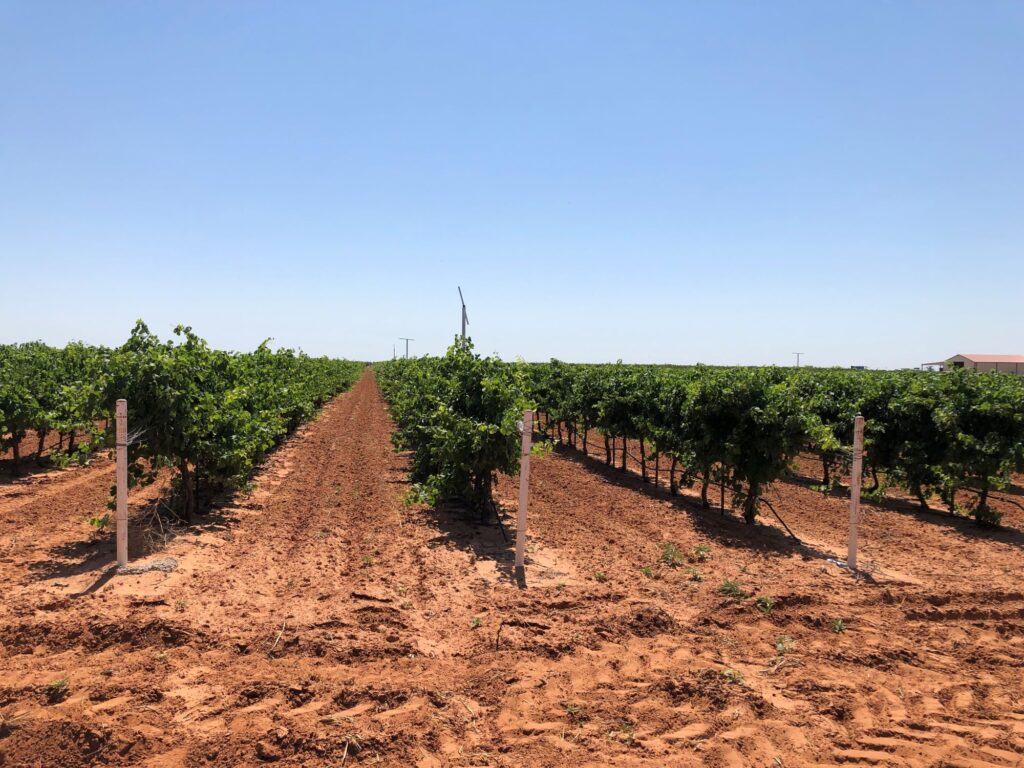
Research
Our laboratory conducts experiment in the lab, field, and greenhouse, focusing on plant, soil, and their interaction with the environment. We use various tools to analyze plant physiological parameters, nutrient uptake, and root system architecture over time. Our work includes whole plant analysis, soil core samples, mini-rhizotrons, greenhouse rhizoboxes studies, and hydroponic and aeroponic experiments. We study plant physiology, root anatomy, and structure.
Ongoing Research
Texas Water Resources Institute | 9/1/2025 – 8/31/2027
Elucidating the Fate and Impact of Nanoplastics and PFAS in Major Perennial Horticultural Crops in Texas and their Sustainable Mitigation

Texas agriculture increasingly relies on groundwater for irrigation, yet these sources may contain micro- and nanoplastics (NPs) and per- and polyfluoroalkyl substances (PFAS), posing emerging risks to crop safety and sustainability. High-value perennial systems like grapes and pecans are particularly vulnerable due to long-term exposure and high irrigation demands. This project aims to:
1. Quantify NPs and PFAS occurrence and accumulation in irrigation water, soils, and fruit tissues from Texas pecan orchards and vineyards.
2. Elucidate uptake pathways of NPs and PFAS and evaluate biochar-based mitigation strategies under controlled greenhouse conditions.
3. Assess stakeholder awareness and perceptions of NPs and PFAS contamination and develop targeted Extension materials to promote mitigation and water-quality stewardship.
USDA-NIFA HATCH Research Capacity Fund – TEX0-8110 | 2/15/2025 – 2/14/2030
Revealing Physiological Mechanisms of Horticultural Crops to Enhance Sustainability and Resilience in Texas and Beyond

This project aims to achieve 3 objectives:
1. Studying and improving the whole plant physiological response of alternative and established varieties of horticultural crops including grapes, citrus trees, and peaches to various environmental stresses, including drought, salinity, and high and low temperatures.
2. Implementing sustainable cultural practices (e.g., mulch, cover crops, deficit irrigation strategies) to enhance plant health and resilience to abiotic stressors in diverse crops while collaborating with Extension to support the adoption of these practices.
3. Assessing the physiological viability of introducing new rootstock/scion varieties of horticultural crops including grapes, citrus, and peaches that are more resilient to environmental stresses in Texas.
USDA-NIFA Multi State Hatch Research Capacity Fund – TEX0-7052 | 3/12/2025 – 3/11/2030
S1070: Identifying Beneficial Fungal and Microbial Communities Associated with Texas Horticultural Crop Rhizosphere

The goal of this study is to assess the presence, composition, and efficacy of EPF and other soil microbiota in major horticultural regions of Texas, including sandy, loamy, and clay soils in vineyards, but also citrus, peach, and pecan orchards.
Specific objectives include:
- Isolating and identifying EPF and key microbial communities using insect baiting, soil dilution, and DNA sequencing techniques
- Evaluating the relationship between microbial diversity and soil type
- Determining the potential of EPF and beneficial microbes for integrated pest management (IPM) strategies.
The primary audience includes fruit growers, extension specialists, and researchers focused on sustainable orchard management.
